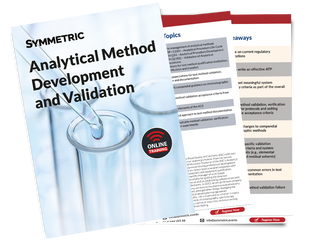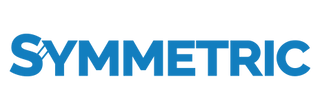

Course Description
Course Description

Analytical Method Development and Validation
Download the full training agenda to reveal complete session details, training takeaways, case studies, daily schedule, special features and full trainer bio.

In-house Training
Looking for tailored training solution?
All of our pharma & biotech training courses can be delivered at your company premises at a time that suits you. If you can not find what you are looking for in our public training offering, our trainers and producers will develop bespoke programmes to address your training needs.





